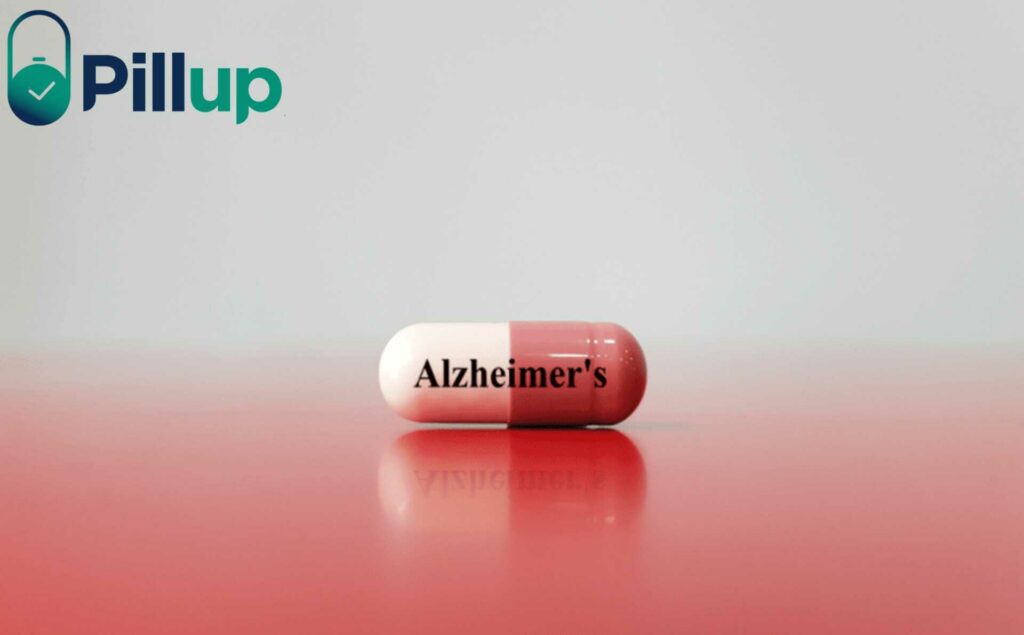Alzheimer’s disease, a formidable and relentless foe, has become a growing concern as the world’s population ages. This progressive neurodegenerative disorder wreaks havoc on memory, cognitive abilities, and eventually, the ability to carry out daily tasks. The battle against Alzheimer’s is a challenging one, and early detection and diagnosis play a critical role in mounting a strong defense.
Detecting Alzheimer’s in its nascent stages paves the way for better treatment options, improved planning, and enhanced management of symptoms. In this article, we’ll delve into the intricacies of early detection, unravel the initial signs and symptoms, and highlight the importance of diagnostic tests and procedures. Our goal is to empower you with valuable knowledge, enabling you to take charge of your brain health and provide support to those grappling with Alzheimer’s. Together, let’s make a difference in the fight against this formidable disease.
The Benefits of Early Detection
As we journey further into the realm of Alzheimer’s, let’s pause to appreciate the significant benefits that early detection brings to the table. Picture it as the trusty compass guiding us through the maze of treatment options, planning, and symptom management.
Improved access to treatments and interventions
With early detection, we unlock the door to a variety of treatments and interventions. This timely access allows for the implementation of medications and therapies that can slow down the disease’s progression, buying precious time for patients and their families.
Enhanced decision-making and planning
Furthermore, early diagnosis empowers individuals and families to make well-informed decisions, paving the way for a proactive approach to care planning. This foresight enables the patient to maintain a higher level of independence and ensures that their specific needs are met.
Better management of symptoms and overall health
Lastly, early detection facilitates better management of symptoms and overall health. By identifying Alzheimer’s in its initial stages, patients and caregivers can adopt a comprehensive approach to tackling cognitive decline, physical health, and emotional well-being.
In essence, early detection of Alzheimer’s is akin to the first light of dawn, illuminating the path towards improved treatment, planning, and a more fulfilling life for those affected by this challenging disease.
Early Signs and Symptoms of Alzheimer's
As we continue to navigate the Alzheimer’s landscape, it’s essential to recognize the signposts that signal the onset of this formidable foe. These early signs and symptoms, though subtle, are the telltale markers that can help us identify the disease in its initial stages.
Memory loss that disrupts daily life
First up, we have memory loss that disrupts daily life – not just the occasional forgetfulness, but a persistent pattern that hinders everyday tasks. This could manifest as repeatedly asking the same questions, misplacing items, or forgetting important appointments.
Challenges in planning or problem-solving
Next, we encounter challenges in planning or problem-solving. This might appear as difficulty in following familiar recipes, managing finances, or even keeping track of personal hygiene.
Confusion with time and place
Then, there’s confusion with time and place – a disorienting sensation where individuals lose track of dates, seasons, or their whereabouts, making them feel like they’re lost in a cognitive fog.
Changes in mood and personality
As we delve deeper, we uncover changes in mood and personality. The once amicable and easygoing person may become irritable, anxious, or even depressed, leaving their loved ones bewildered.
Decreased judgment and decision-making
Lastly, we face decreased judgment and decision-making. Simple choices may become agonizingly complex, and previously well-thought-out decisions may now seem irrational.
By understanding and identifying these early signs and symptoms, we can take the crucial first steps toward a timely diagnosis and pave the way for a proactive approach to Alzheimer’s care.
Diagnostic Tests and Procedures
As we forge ahead in our quest to understand Alzheimer’s, it’s time to unravel the mysteries of diagnostic tests and procedures. These invaluable tools help healthcare professionals decipher the enigma that is Alzheimer’s, guiding them toward a more accurate diagnosis.
Physical and neurological examinations
At the forefront of diagnosis, we have physical and neurological examinations. These initial assessments help rule out other potential causes of cognitive declines, such as vitamin deficiencies, infections, thyroid disorders or any genetic mutations and provide crucial insights into the patient’s overall health.
Cognitive and memory assessments
Next up, we encounter cognitive and memory assessments. These tests gauge the individual’s cognitive abilities, memory retention, and problem-solving skills, painting a detailed picture of their brain function and helping to detect any potential impairments.
Blood tests and biomarkers
The diagnostic journey then takes us to the realm of blood tests and biomarkers. By examining specific proteins and other indicators in the blood, healthcare professionals can glean valuable information about the patient’s brain health and Alzheimer’s risk.
Brain imaging (MRI, CT, PET scans)
Finally, we arrive at the cutting-edge world of brain imaging. Techniques like MRI, CT, and PET scans offer a detailed view of the brain’s structure and function, allowing doctors to identify any abnormalities or changes that may be indicative of Alzheimer’s.
Together, these diagnostic tests and procedures form a powerful arsenal in the battle against Alzheimer’s, enabling us to detect the disease early and embark on a proactive journey toward better treatment and care.
Conclusion
As our expedition through the world of Alzheimer’s comes to a close, let’s take a moment to reflect on the significance of early detection and diagnosis. Our journey has shown us how early intervention can greatly impact the quality of life for those living with Alzheimer’s and their families.
Early detection opens doors to better treatment options, improved decision-making, and proactive planning – all of which contribute to a more fulfilling life for individuals affected by Alzheimer’s. By prioritizing brain health and being proactive in seeking help, we can create a strong foundation for managing this complex condition.
We also understand that managing Alzheimer’s requires a holistic approach, encompassing not only medical care but also support in daily living. That’s where PillUp’s services come into play. Pillup offers valuable assistance with medication management, our easy-to-tear, presorted, and labeled medicine packets ensure that individuals receive their medications on time and in the correct dosages, making life just that little bit easier for those coping with Alzheimer’s.
So, as we part ways, remember that early detection is our ally in the fight against Alzheimer’s. By staying vigilant and seeking help when needed, we can make a real difference in the lives of those living with this challenging disease. And with Pillup by your side, you’ll never have to face the journey alone.



